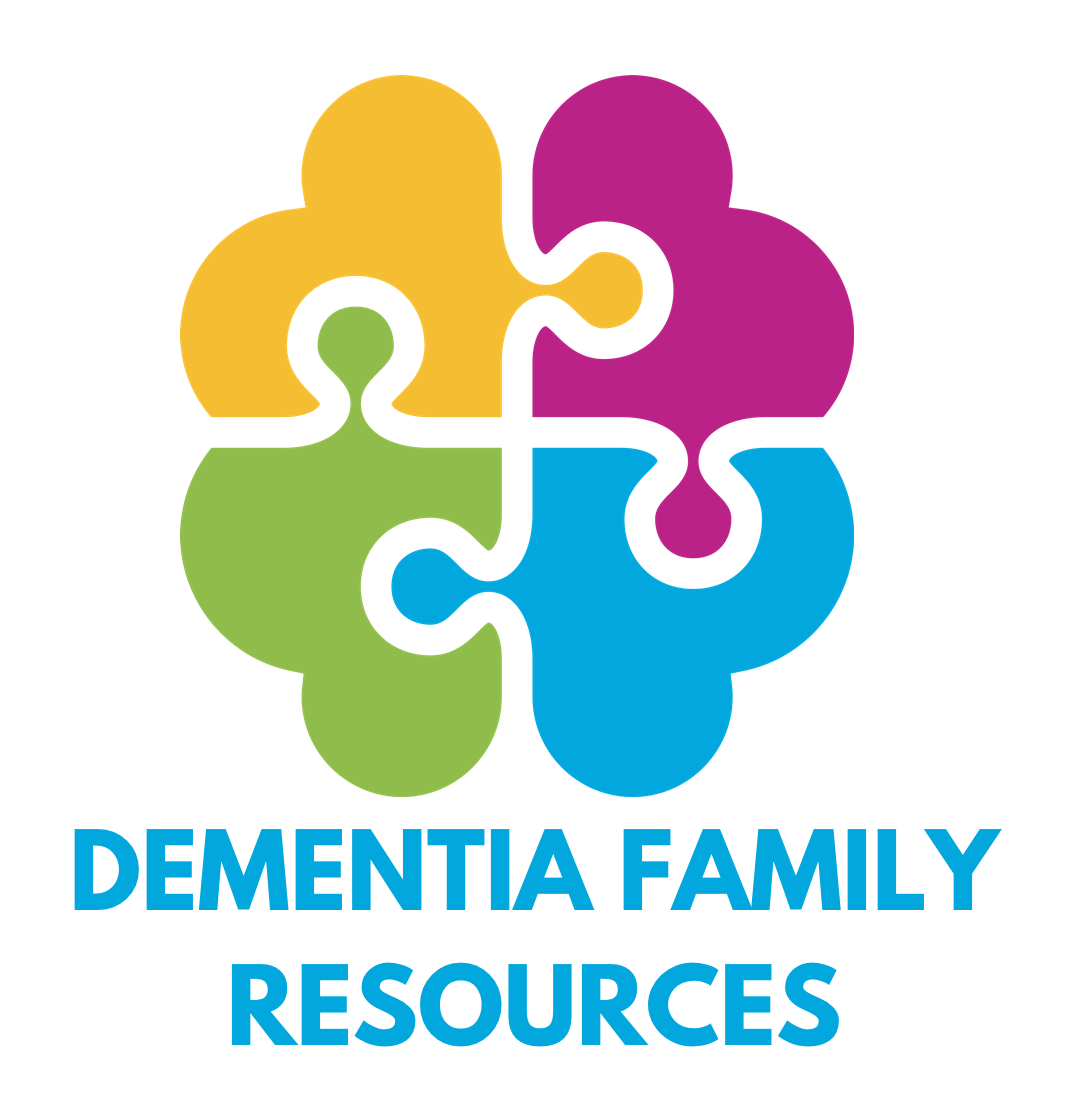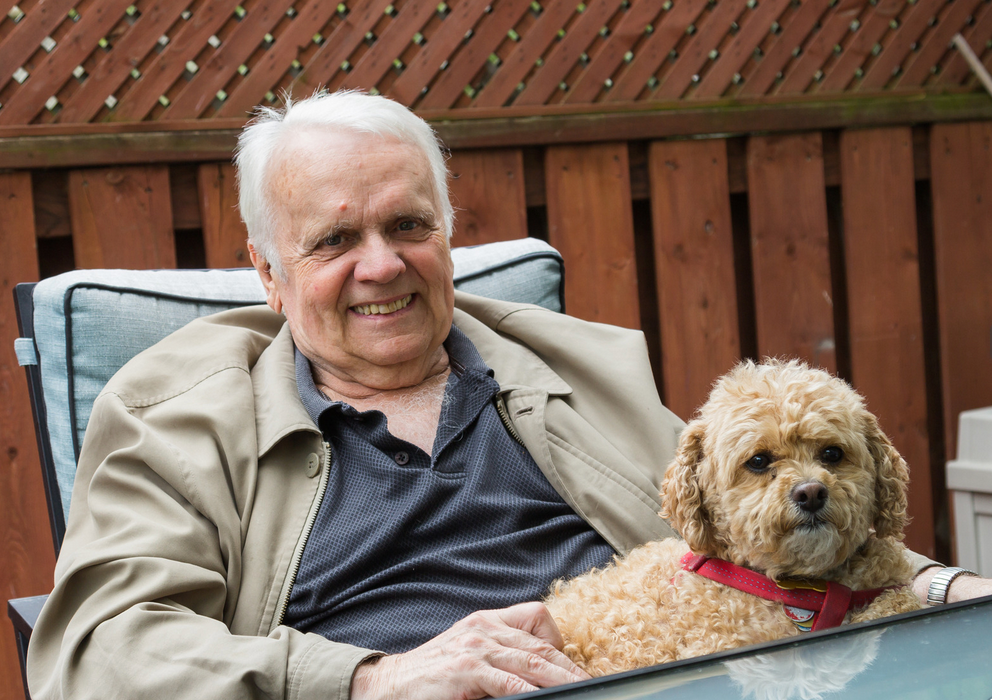The Best Books on Dementia & Alzheimer's
Kelly Yale • October 5, 2023
These are excellent books to support you and your family during this time of transition
- The 36-Hour Day: A Family Guide to Caring for People Who Have Alzheimer Disease
- Creating Moments of Joy Along the Alzheimer's Journey
- When Reasoning No Longer Works: A Practical Guide for Caregivers Dealing with Dementia & Alzheimer's Care
- The Alzheimer's Prevention Program: Keep Your Brain Healthy for the Rest of Your Life
- Dementia Reimagined: Building a Life of Joy and Dignity from Beginning to End
- Alzheimer's Disease: What If There Was a Cure?
- Dementia Beyond Drugs: Changing the Culture of Care
- Living with Dementia: A Caregiver's Journey
- Dementia: A Clinical Approach
- The End of Alzheimer's: The First Program to Prevent and Reverse Cognitive Decline
- Surviving Alzheimer's: Practical Tips and Soul-Saving Wisdom for Caregivers
- Alzheimer's For Dummies
- The Alzheimer's Solution: A Breakthrough Program to Prevent and Reverse the Symptoms of Cognitive Decline at Every Age
- Defeating Dementia: What You Can Do to Prevent Alzheimer's and Other Forms of Dementia
- Before I Forget: Love, Hope, Help, and Acceptance in Our Fight Against Alzheimer's
- Understanding Dementia: The Man with the Worried Eyes
- I'm Still Here: A New Philosophy of Alzheimer's Care
- The Alzheimer's Prevention Diet and Cookbook
- Dementia Beyond Disease: Enhancing Well-Being
- Alzheimer's Early Stages: First Steps for Family, Friends and Caregivers
- The Spectrum of Hope: An Optimistic and New Approach to Alzheimer's Disease and Other Dementias
- Loving Someone Who Has Dementia: How to Find Hope while Coping with Stress and Grief

Entering the realm of caregiving for a parent with dementia is a journey fraught with emotions. For adult children, the weight of a diagnosis can feel like an emotional earthquake, shaking the very foundations of their world. The realization that a beloved parent is grappling with dementia is a profound moment that triggers a rollercoaster of emotions, leaving adult children to navigate uncharted emotional territories. **The Initial Shock: Facing the Unthinkable** Receiving a dementia diagnosis for a parent is often an unexpected blow, an unwelcome visitor knocking on the door of your family's life. The initial shockwave brings forth a flood of emotions – disbelief, denial, and a haunting fear of an uncertain future. The parent, once a pillar of strength, is now facing an invisible adversary, and the adult child grapples with the enormity of the shift in roles. **Grief in Waves: Mourning the Living** As dementia progresses, adult children find themselves mourning the loss of the parent they once knew, even while that parent is still physically present. The waves of grief crash unexpectedly, triggered by forgotten memories, fleeting moments of clarity, or the realization that the parent-child dynamic has irrevocably shifted. It's a complex mourning, grieving the person's loss while still tending to their needs. **The Heavy Mantle of Responsibility: Becoming a Caregiver** The emotional toll of a dementia diagnosis extends to the newfound role of caregiver that adult children often assume. Struggling with the weight of responsibility, they become the pillars of support, managing medical appointments, navigating the healthcare system, and making decisions on behalf of their parent. The emotional conflict arises as they strive to balance caregiving duties with the need for self-care. **Navigating Identity Shifts: From Child to Caregiver** The dementia journey initiates a profound shift in the identity of adult children. They oscillate between a concerned child and a responsible caregiver, grappling with the challenges of preserving their parent's dignity while ensuring their safety. This identity transformation can be emotionally disorienting, and finding a sense of equilibrium becomes a delicate dance. **The Loneliness of Shared Memories: Yearning for Connection** As dementia erodes a parent's ability to recall shared memories, adult children may experience a profound sense of loneliness. The emotional toll intensifies as they yearn for the connection forged through a lifetime of shared experiences, realizing that some chapters of their family history are fading. The bittersweet challenge is to cherish the moments of clarity and connection amidst the sea of forgetfulness. **Seeking Support: Building Emotional Resilience** Acknowledging the emotional impact of a parent's dementia diagnosis is the first step towards building emotional resilience. Seeking support through therapist sessions, support groups, or even sharing experiences with friends can provide a lifeline. Connecting with others who understand the complexities of the caregiving journey can be a source of comfort and reassurance. **Embracing Moments of Grace: Finding Beauty Amidst the Struggle** Amidst the emotional turmoil, there are moments of grace that sparkle like stars in the night sky. These moments can be as simple as a shared smile, a fleeting recognition, or the warmth of a touch. Recognizing and embracing these moments becomes essential for preserving one's emotional well-being and finding solace amid the storm. In the emotional aftermath of a parent's dementia diagnosis, adult children find themselves grappling with a myriad of feelings. The journey is emotionally complex, from the initial shock to the ongoing grief. Yet, within the struggle lies the opportunity to redefine relationships, find resilience, and discover the enduring beauty of connection in the face of adversity.









